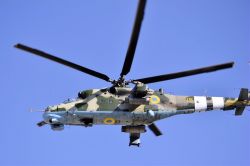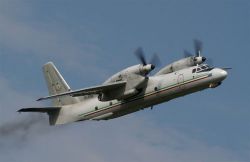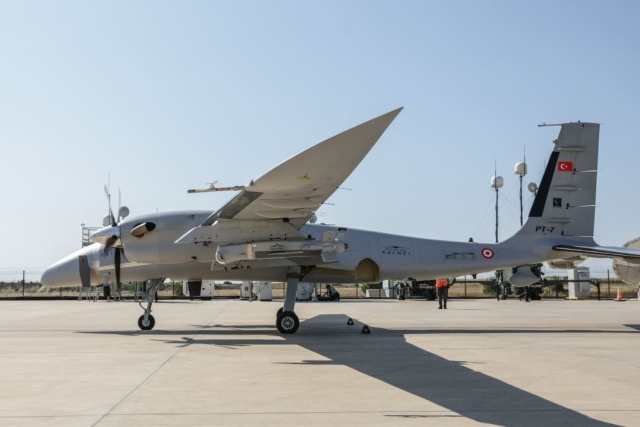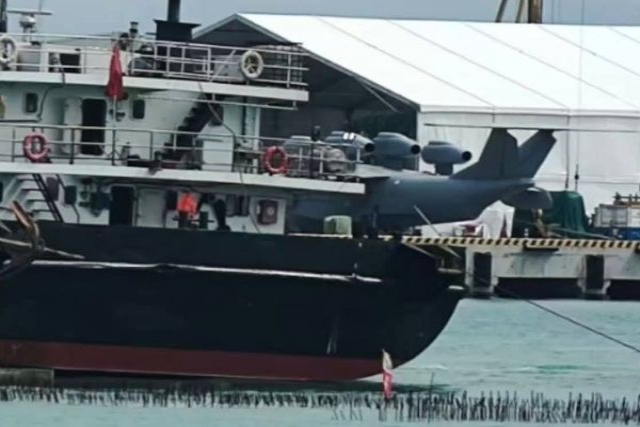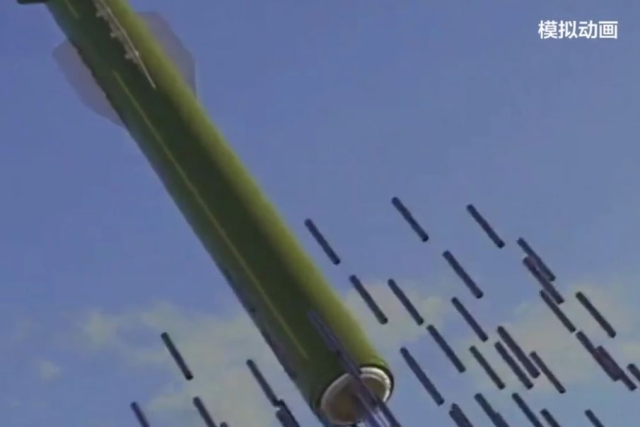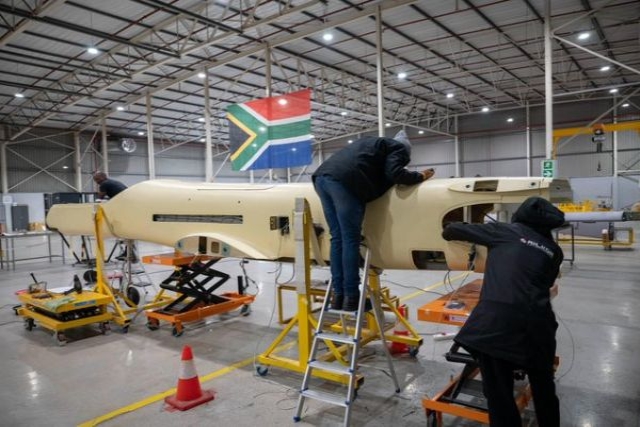US Arms Find East-European Market After Russia’s Crimean Conflict
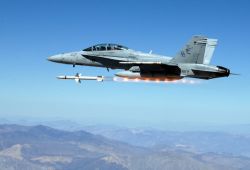
Eastern European nations such as Romania, Poland and Bulgaria have increased arms imports, mostly from the US to counter possible Russian aggression.
The Ukraine crisis has left Russia’s neighbors vulnerable and have all announced plans to buy aircraft, electronic warfare systems and missiles from Western countries. Arms worth an estimated US$ 2 billion have been delivered or ordered over the past few months, making it one of the fastest growing arms markets in the world.
Bulgaria announced October 8 that its military will stop using three dozen of its Russian-made fighter jets and bombers to reassert its independence from Moscow.
Defense minister, Velizar Shalamanov told Bulgaria's Trud newspaper that the military will present a list of new airplanes to replace 15 MiG-29 and six MiG-21 fighters and 14 Sukhoi Su-25 bombers within six months.
The plan to get rid of all Russian-made aircraft is part of Bulgaria's military development program through 2020 to further integrate the former Soviet bloc nation into the Western NATO defense alliance, of which it is a member, the newspaper reported.
In August, Bulgaria announced a $680 million program to upgrade its weapons once again in an effort to minimize its dependency on Russia by 2020. Other major armament programs in the pipeline include acquisition of a new submarine and an undisclosed number of new vessels for the Navy, according to Shalamanov.
Poland, meanwhile, plans to buy 40 air-launched AGM 158-missiles from the US as part of its efforts to “strengthen its defense amid the ongoing crisis in Ukraine”.
In March, Poland decided accelerate its tender for a missile defence system. Deputy Defence Minister Czeslaw Mroczek was quoted by Reuters as saying that the country wants to choose an offer by the end of 2014.
"That is the acceleration by several months, compared to our original plans that we are talking about" Mroczek said. “To a certain extent, the decision on accelerating this process is the result of a review commissioned by the prime minister and the defence minister because of the situation in Ukraine."
The bidders include a Thales-led consortium comprising MBDA and the Polish state defence group, the Israeli Government, Raytheon and the MEADS consortium led by Lockheed Martin.
Poland has also signed an agreement estimated €280 million with Alenia Aermacchi to purchase M-346 Advanced Jet Trainers in February. The Polish-Italian agreement in the years 2016-2017 includes delivery of 8 new advanced training aircraft M-346, simulators, and computer assisted training and logistics package.
Poland also awarded Exelis a $76 million contract to provide mobile ground control approach capabilities to the Polish Air Force, Navy and Land Forces.
This program will bring the number of Exelis radars in Poland to 14 as the company continues to extend its leadership in the growing field of intelligence, surveillance, reconnaissance and analytics, the company said in a statement.
The Exelis GCA-2020 will provide Poland with the high-performance air navigation services required to meet demanding ICAO (International Civil Aviation Organization) and NATO flight safety standards. The solution provides a “ready-now,” solid-state, electronically scanning radar that offers primary surveillance, secondary surveillance and precision approach in a single integrated unit.
The Czech Defence Ministry has announced plans to acquire a new anti-aircraft radar system to replace obsolete Soviet-era equipment in October.
The MoD will reportedly pursue the acquisition independently, abandoning plans to develop a new air defence radar system together with Poland, Hungary and Slovakia.
According to reports, the Czech Defence Ministry is planning to acquire five mobile 3D radiolocators by 2017, with costs estimated at between 1.5 and 1.7 billion crowns, or between 69 and 78 million US dollars, ministry spokesman Petr Medek was quoted as saying.
The Czech government in March announced it will renewed its lease on 14 Swedish fighter jets until 2027.
Since 2005, the Czech army has been using the Gripen one- and two-seaters under a 10-year contract worth around $1 billion. “From now on Prague will pay an annual 1.7 billion koruna,” Defence Minister Martin Stropnicky was quoted as saying by AFP.
